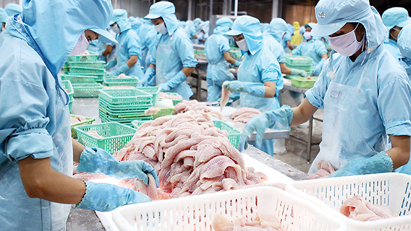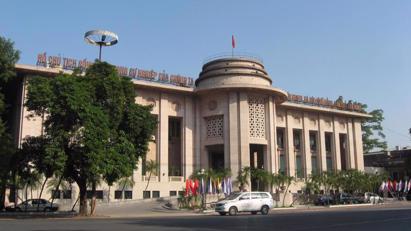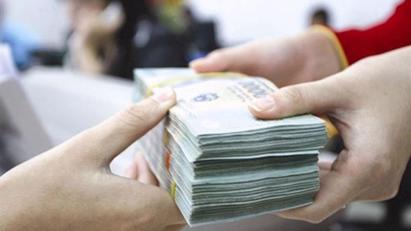
Exporters also hit by exchange rate fluctuations
The appreciation of the USD against the VND is generally of benefit to exporters, but will also prove disadvantageous if these businesses import raw materials, resulting in higher import costs and transportation costs, and financial difficulties if they have taken out loans in the dollar. Currency fluctuations also trigger inflation in Vietnam’s key markets, reducing purchasing power and significantly affecting export orders.




